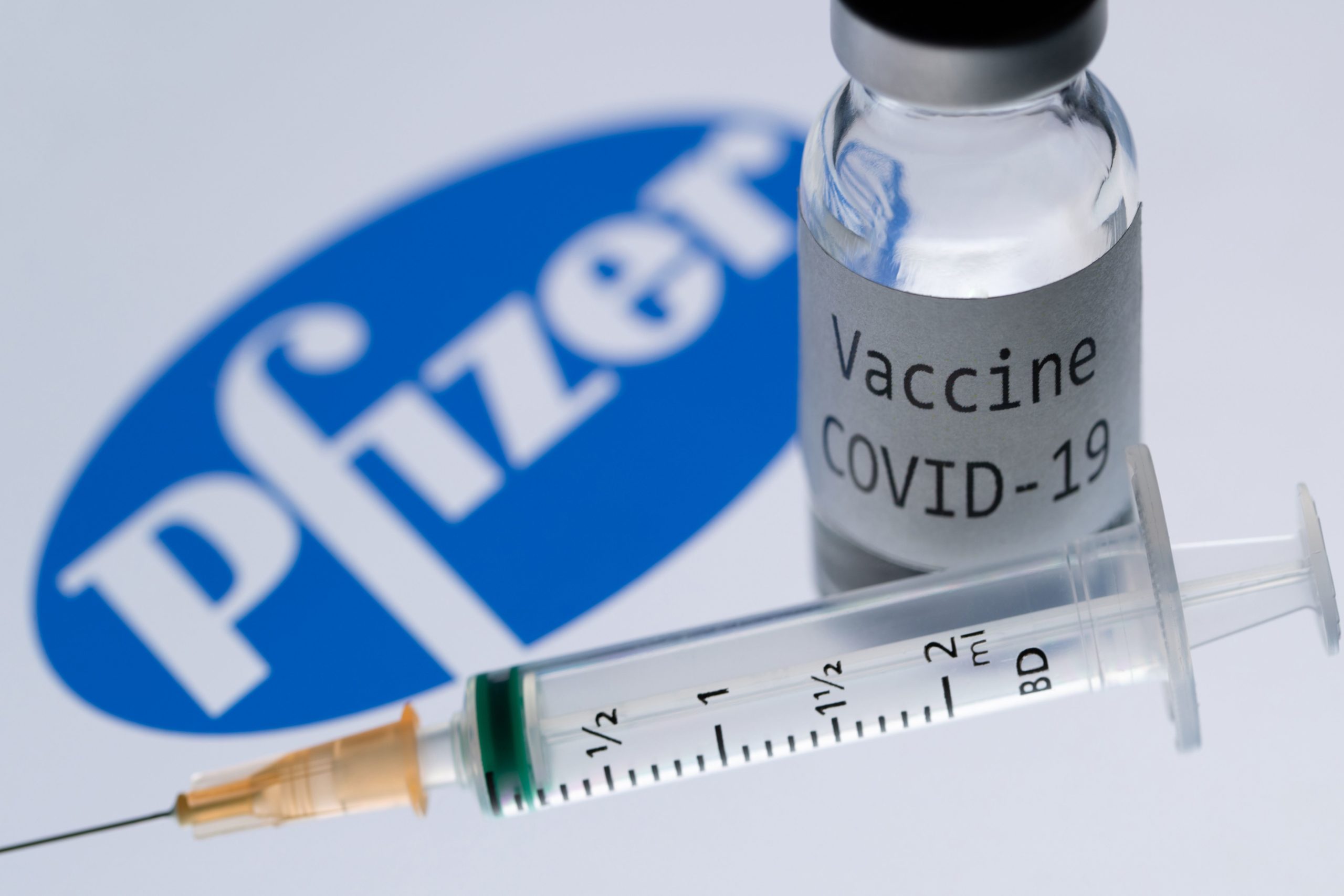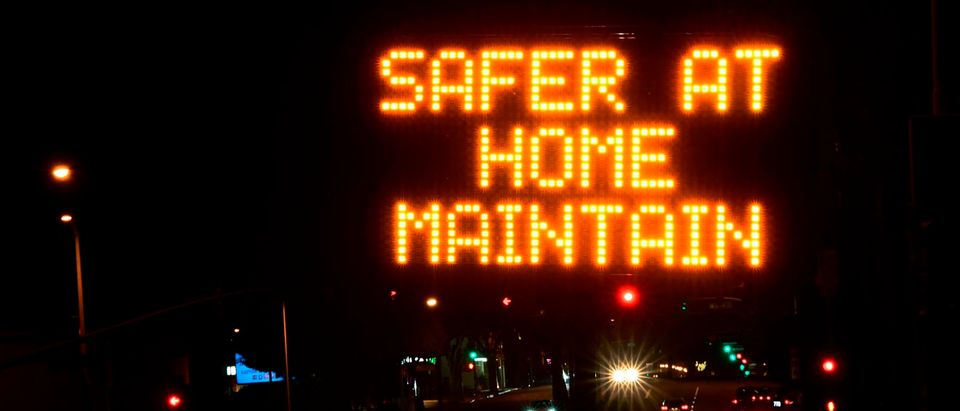The Centers for Disease Control and Prevention (CDC) is expected to release revised guidelines that reduce the time people who were exposed to coronavirus are told to quarantine, numerous sources reported.
For people who were exposed to someone who tested positive for the virus, the revised isolation period will be reduced from 14 days to 7 to 10 days, according to CNN. If the individual receives a negative test, they can end their quarantine after 7 days. Without a test, the recommended isolation period is 10 days.
The revised recommendations come after weeks of review, Dr. Robert Redfield, the director of the CDC, said during a coronavirus task force meeting Tuesday, according to CNN. One official said that Vice President Mike Pence had been urging the CDC to review the guidelines. The revision was approved by the White House Coronavirus Task Force, according to Fox News, and a senior administration official said that the revision was “long overdue.”

YOKOHAMA, JAPAN – FEBRUARY 19: A man waves from a bus carrying passengers who disembarked the quarantined Diamond Princess cruise ship as he leaves the Daikoku Pier on February 19, 2020 in Yokohama, Japan. (Photo by Tomohiro Ohsumi/Getty Images)
The official added that extensive modeling studies by both CDC scientists and scientists from a separate agency were used to make the determination, which measures transmission of the virus and residual risk involved if the quarantine period is reduced to 10 days. While the risk of transmission is the “lowest with 14 days of quarantine,” the shortened 10 day quarantine guideline carries a 1% risk, while the 7 day guideline carries a 5% residual risk.
The revised guidelines are expected to be updated Wednesday, according to Fox. An internal CDC document shared with Fox says that reducing quarantine time would both “increase compliance by reducing economic hardship” and would reduce the “stress on the public health system.”
After the quarantine period ends, the CDC still recommends being aware of symptoms until 14 days after exposure and self-isolating if experiencing any, along with practicing other hygiene and social-distancing measures.
Although the revised guidelines will shorten the recommended quarantine period, the CDC still underscored in the internal document the importance of isolating for 14 days “to more completely reduce the risk of spread.”

This illustration picture taken in Paris on November 23, 2020 shows a syringe and a bottle reading “Covid-19 Vaccine” next to the Pfizer company logo. (Photo by JOEL SAGET/AFP via Getty Images)
The revision is expected to come within a week of a Dec. 10 meeting that will surround the authorization of the Pfizer vaccine. While states have not been given a firm date of the vaccine’s shipment, they are preparing to receive them as early as Dec. 11, the day after the meeting. (RELATED: North Carolina Slated To Receive 85,000 Doses Of Pfizer Vaccine, Governor Says)


